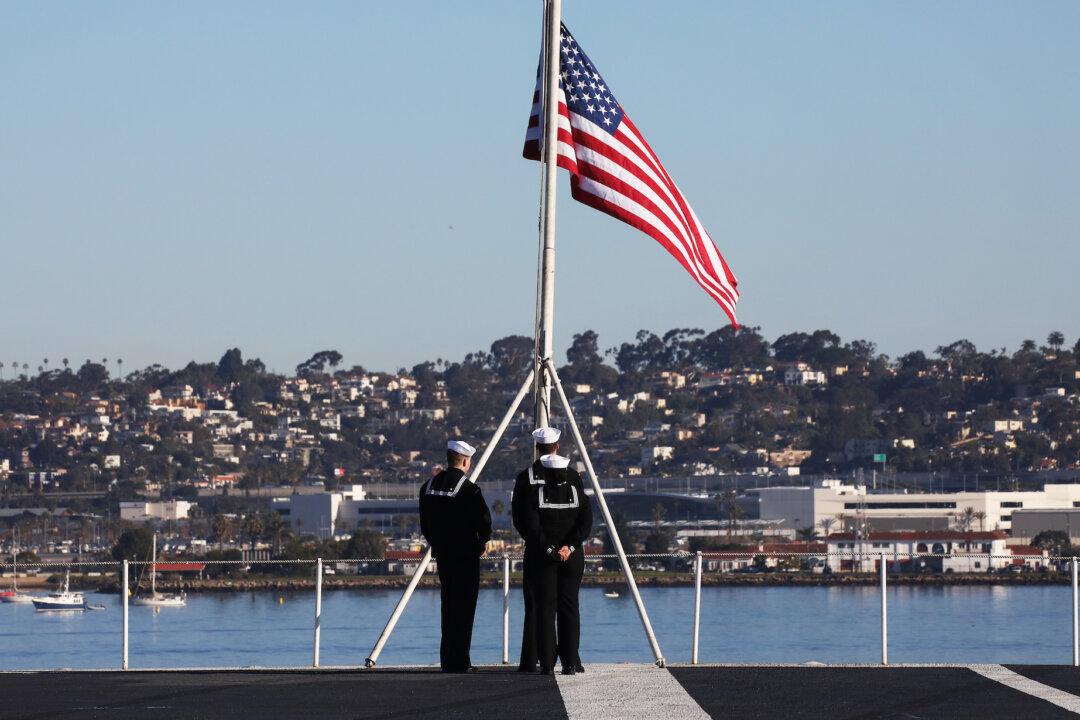Commentary
“Sometimes I think we care more about whether we have enough diversity officers than if we’ll survive a fight with the Chinese navy.

“Sometimes I think we care more about whether we have enough diversity officers than if we’ll survive a fight with the Chinese navy.